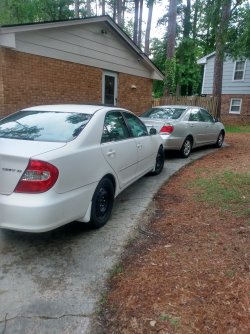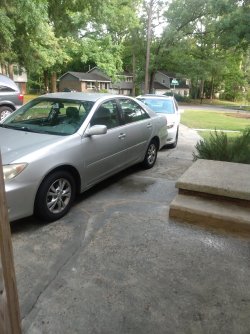I owned an Isuzu Trooper (an ideal car for DR)Don't know about newer cars, but I can confirm that's not the case at least for my first car I bought. 18 years old, a 1989 FORD Escort. Before leaving home I was checking the oil level but forgot to put the oil dipstick all the way in. So less than 10 minutes later I got to my school's parking lot and I heard loud knocking sounds, freaked out, called my dad and he just confirmed that I'd just killed the engine. Opened up the hood and oil was EVERYWHERE.
So atleast that car didn't last 30 minutes without oil....
Before leaving for a 6 hour trip I added a half quart of oil, but closed the hood and forgot to replace the oil filler cap.
4 hours later I stopped to eat and smelled burning oil.
I opened the hood and realized my folly. I went and bought oil and put in 4 quarts, stuffed a pair of boxer underwear in the filler and finished my trip.
No harm, no foul. Later drove that Trooper from Northern CA to Ft Lauderdale.



